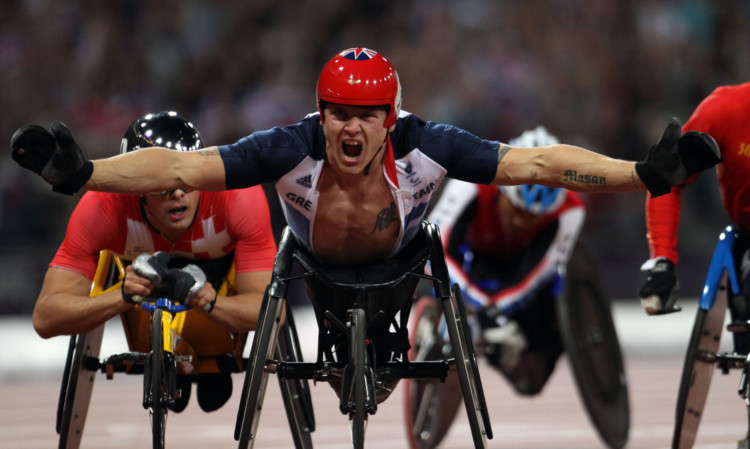The long-term benefits of hosting the London 2012 Paralympics hang in the balance as attitudes towards disability have failed to improve, campaigners say.
In the year since the London Paralympics began, there have been small increases in sports participation but 81% of people with a disability claim that attitudes towards them have not improved.
Some 22% even say that things have actually got worse, according to the poll by the disability charity Scope.
“Elite sport is in great shape but legacy is about day-to-day life too,” Scope chairwoman Alice Maynard said, adding that “the jury is very much out” on whether the lives of disabled people have improved since the games.
Scope interviewed 1,014 UK adults whose day-to-day activities are affected by longstanding physical or mental impairments, conditions, illnesses or disabilities about their views on the Paralympics one year on.
Among this group 84% claimed the “benefit scrounger” rhetoric from politicians and the media has had a negative effect on views of disabled people.
Ms Maynard said: “Changing attitudes is at the heart of legacy. The Paralympics were a breakthrough moment. Disabled people had never been so visible.
“Disability had never been talked about so openly but you don’t change society in a fortnight.
“Speak to disabled people and the same issue comes up: ‘benefit scrounger’ rhetoric; the divisive myth that most people on benefits are skivers.
“Disabled people say they feel like they’ve done something wrong, because they need support to do the same things as everyone else.”
Scope argues that current living standards, with many people turning to high interest, high risk loans to pay for essentials in order to cope, undermines involvement in sport and the community.
Levels of social care and cuts to vital financial support are also worrying matters and improving physical access is a must, they added.
